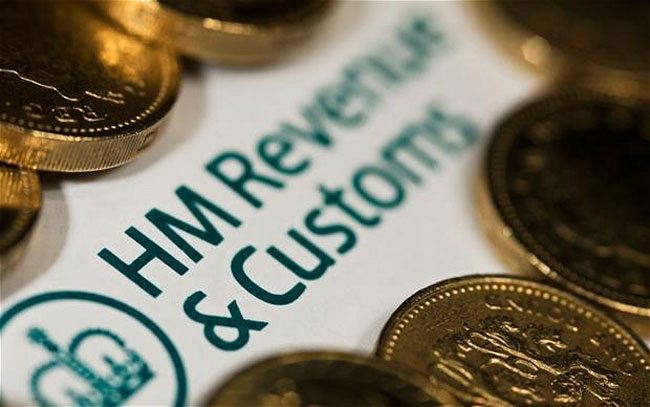Tax inspectors targeting Britain’s wealthiest people have identified potential evasion and avoidance worth nearly £2bn, but have pursued only one successful criminal prosecution, a National Audit Office report reveals.
It says the tax affairs of 6,500 super-rich individuals – each worth more than £20m – are being examined by a specialist HM Revenue and Customs unit. The unit is investigating outstanding receipts worth £1.9bn, a majority of which involve aggressive avoidance schemes, the Guardian reports.
However, just two individuals have been criminally investigated over the past five years, leading to a single prosecution, while another 70 were pursued through the civil courts.
In an indication of the scale of the task faced by the unit, the report discloses that each of the 6,500 super-rich taxpayers has had on average four serious tax issues looked at by the unit. Around 4,000 inquiries have been open for more than three years, it adds.
The report sheds a light on the scale of potential tax avoidance involving the super-rich and will prompt further claims that Britain’s wealthiest people are not being pursued with the same vigour as benefits claimants or small businesses.
Meg Hillier, chair of the public accounts committee, which will question tax officials over its policies, said the findings would prompt further examination of the tax authority’s policies towards wealthy taxpayers.
“This very low prosecution rate highlights the concern that high net worth individuals and their tax advisers are always one step ahead of HMRC. We will be questioning HMRC about the level of prosecutions and whether it is stepping up to the plate,” she said.
HMRC set up the specialist unit in 2009 after criticisms that it had failed to pursue wealthy taxpayers. Each wealthy individual is assigned a “customer relationship manager” within HMRC.
Where high net worth individuals are suspected of tax fraud, their case is passed to a team that examines whether the evidence is sufficient to merit a criminal, rather than civil, investigation.
The tax authority estimates that around £1.1bn of the potential £1.9bn in unpaid taxes is linked to tax avoidance schemes, and that 15 per cent of the wealthiest have used at least one such scheme.
In 2014-15, the super-rich paid more than £4.3bn in tax, according to the NAO’s report. It says 137 people who had undisclosed assets in Liechtenstein used an agreement with the tax haven in 2009 to admit liabilities of £141m in return for gentler penalties. The average settlement was £1m per person.
The report also discloses that the unit, alongside the National Crime Agency, is investigating 40 wealthy individuals named in the Panama Papers.
“[HMRC officials] are assessing if the data reveals new risks that mean these 40 people should be considered for civil or criminal investigation,” the report says.
In the past five years, HMRC has investigated and closed 72 cases relating to high net worth individuals. Seventy of these were investigated with civil powers, raising £80m in compliance yield including penalties.
In 2015-16, HMRC undertook a review of high net worth cases and identified an extra 1,000 people with a net worth of more than £20m on top of the 6,500 initially identified, the report says.
The head of the NAO, Amyas Morse, said: “The tax affairs of the wealthiest in society are complex, making it harder for HMRC to ensure that they are paying the right amount of tax. HMRC’s specialist team gives it a better understanding of the tax affairs and behaviours of these taxpayers.
“While the yields from HMRC’s work in this area have increased, it needs to evaluate what approaches are the most effective and to understand the outcomes it achieves.”
A HMRC spokesperson said it enforced the rules impartially and last year tracked down an additional £416m in tax from the wealthiest that would have otherwise gone unpaid.
“We will continue to evaluate our results so that we carry on getting what is due to the country,” the spokesperson said. “The NAO’s report recognises that taxing the wealthy is complex but also commends HMRC’s approach as both sensible and in line with OECD best practice advice.”


